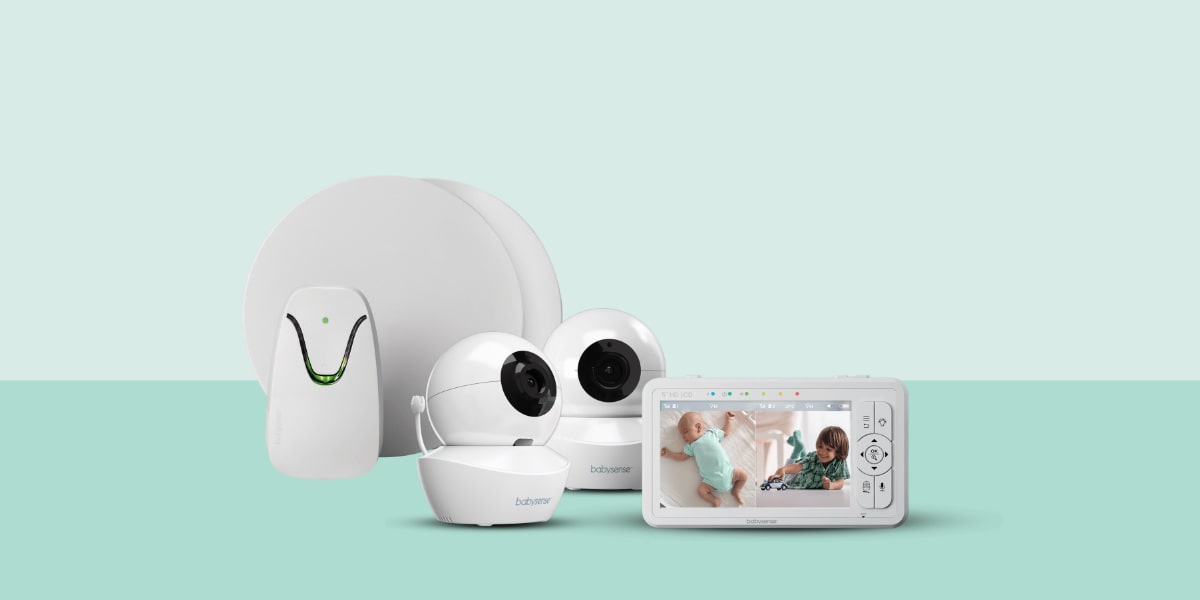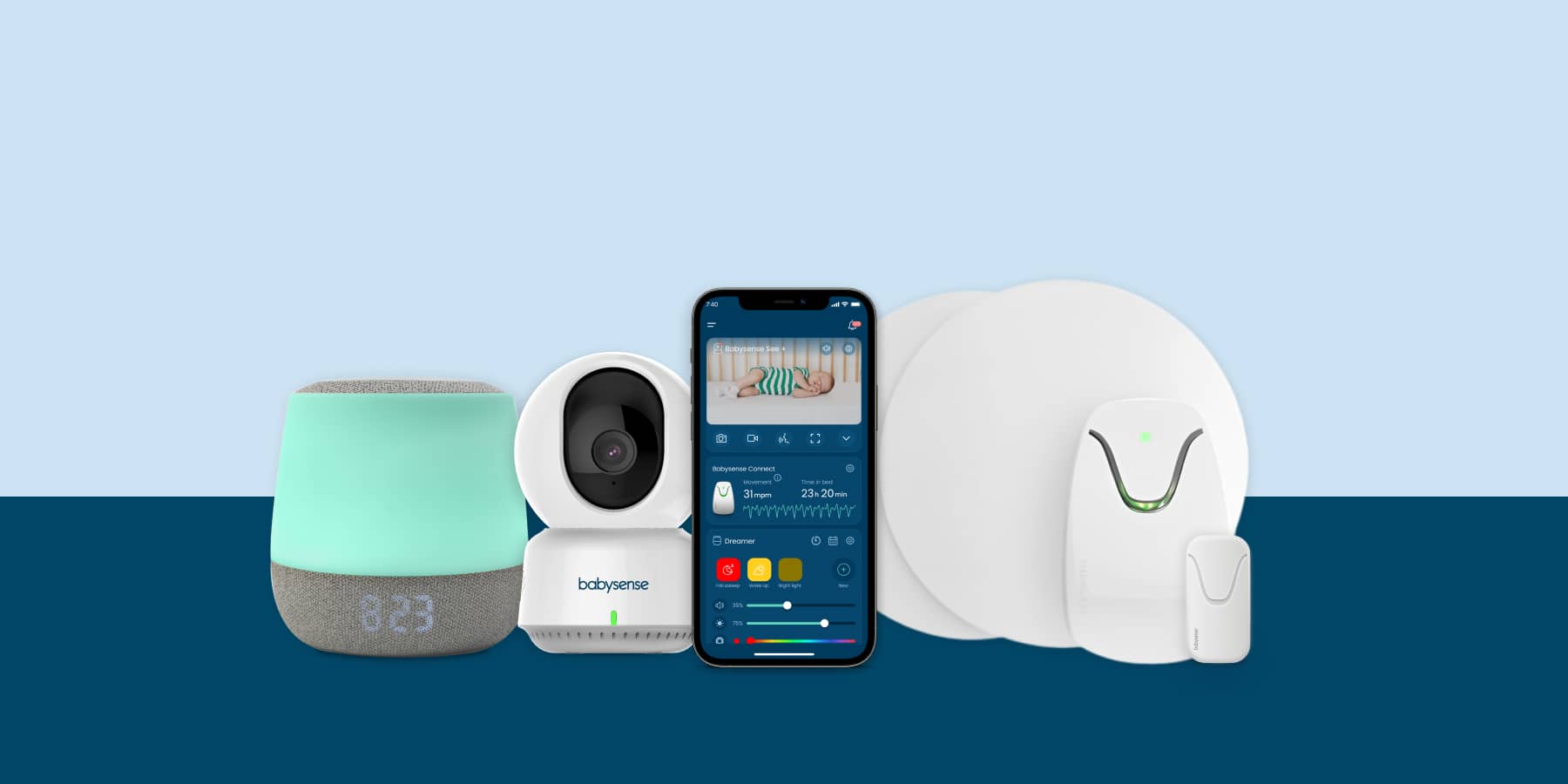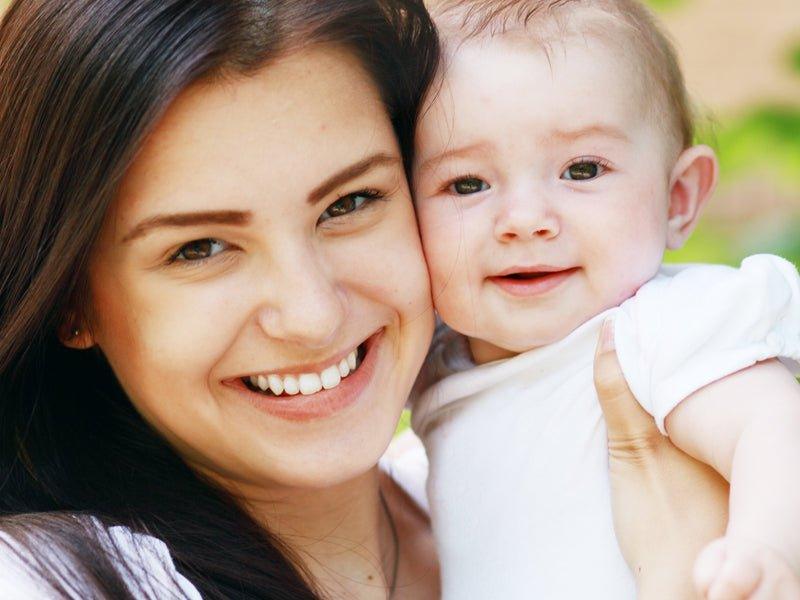Being a parent is a daunting job, even when our babies are healthy. An ill or unsettled baby is always cause for concern and anxiety. Dr Simon Strachan, paediatrician, debunks some of the myths and gives insight to this thorny topic: Your baby’s health.
The most common infectious diseases in children are those that involve the Gastrointestinal tract (GIT) and the Respiratory system. I bet most parents would think of Measles and German Measles and Chickenpox when asked about infectious disease and they would not be wrong. These last mentioned however are now much less common because vaccinations are available that prevent these diseases.
The Common Cold
The common cold is caused by Rhinovirus and this is most common in the winter months. It causes the typical snotty blocked nose with a slight fever for a few days. The nasal mucus changes from clear to yellow to green as the immune system clears the infection. The changing colour of mucus is not a reason to suspect another infection or the need for antibiotics. The common cold takes about 10 days to clear and always moves from the nose to the chest. Everyone will cough for about a week and you should use medications to control pain and fever and some nasal decongestants. The cough is a protective reflex so it is not a good idea to stop the cough with medications. Over the counter cough and cold remedies are not recommended for children under two and have little effect in older children. The Common Cold is referred to as an Upper respiratory tract infection.
Bronchiolitis
This wheezy chest infection occurs every year often in autumn and is usually caused by RSV (Respiratory Syncitial Virus). It occurs mostly in children less than one year and causes rapid breathing, wheezing, severe congestion of the nose and coughing for two weeks. The younger the child the worse the infection and about 10% of children will require admission to hospital for oxygen therapy. Home based therapy must aim at keeping the nose clear, keeping the fever down and ensuring adequate fluid intake.
Pneumonia
Pneumonia is an infection of lung tissue and occurs when germs travel down the airway from the nose and throat to the lungs. The infection is most often due to a virus and we have vaccines against the two most important bacteria: Haemophilus Influenzae (Vaccine - Hib titre - is included in the standard combination vaccine given three times in the first 4 months of life) and Streptococcus pneumonia (Vaccine – Prevenar is given with the combination vaccine as mentioned above). Fever, cough and rapid breathing are the three symptoms which together point to pneumonia. The diagnosis will require a visit to your doctor, a Chest X-Ray may be required and treatment with antibiotics is frequently necessary.
Gastroenteritis
Diarrhoea and vomiting which is caused by an infection is called Gastroenteritis. Three or more profuse watery stools per day are regarded as diarrhoea. Rotavirus is the most common cause and thankfully we now have a vaccine against this virus. The vaccine will prevent admission to hospital from severe dehydrating diarrhoea in about 98% of people. The children may well still contract the virus and get mild gastroenteritis but they develop immunity after two bouts of infection even if not vaccinated. The GIT infections are spread by contact with stool or by spreading the virus on our hands. The virus does however live on open surfaces for up to 5 days. So it is important to disinfect, with alcohol based disinfectant, if you have a case of Gastroenteritis in your family. The illness starts with fever and vomiting for a day or two and then the diarrhoea follows. As long as the child is able to drink and keep liquids down and you can get more fluid in than is coming out the bottom, you will prevent hospitalisation and dehydration. The warning signs are dehydration, persistent fever and blood in the stool. You must use rehydration fluid when giving fluids to a child with gastroenteritis. The diarrhoea may well lat for 7 days.
Remember that all viruses and bacteria are infectious, meaning that they can be spread from one person to the next. It does not follow however that if a child has one infection that the exact infection is spread. I mean that if someone has tonsillitis from virus A and spreads Virus A to someone else, the next person may get tonsillitis but may just as likely get an ear infection or pneumonia or just a mild snotty nose from the same Virus. The type and severity of infection you develop depends on how much of the virus is spread, how it was picked up and your state of health when you acquired the infection.
When it comes to the other infectious diseases, they are significantly less common since vaccination has taken care of that. For instance, I have seen one case of Measles in 13 years in private practice because of effective vaccination regimes. The following are the other infectious diseases:
Roseola Infantum - often called “baby measles” Remember it has nothing at all to do with Measles. It is a viral infection typically in children between 6 months and 4 years of age. The infection presents with a fever of >38.5˚C for up to 8 days usually 4-5 days. No other symptoms develop but a rash develops within 24 hours of the fever breaking. The rash occurs only on the face and the body and is made up of red dots that are not painful or itchy. The rash disappears with no therapy in 48 hours. This infection is not measles and has nothing to do with measles. Control the fever and .See your doctor if fever persists beyond 48 hours in children over 6 months of age. Any child under 6 months of age with a fever must be seen within 24 hours.
Chickenpox - This starts with fever and upper respiratory symptoms for a few days starting 14-21 days after exposure to chickenpox. The spots start as red spots and then quickly become water or mucus blisters. The rash occurs on the body. Treat the fever with Paracetamol. The rash is itchy and creams and lotions to reduce the itch are useful e.g. Antihistamine creams or Calamine Lotion. Oral Antihistamines are used for the itch. Zidovudine can be used to treat the infection in children who have weakened immune systems. Vazigam injection can be given if the child has been in contact with chickenpox. If given within 4 days this may prevent chickenpox. Varilrix vaccination against chickenpox is available from 1 year of age. Natural infection confers life long immunity in more than 95% of cases. Chickenpox is a mild illness with few complications. Isolate infected children until all the spots have crusted over.
Rubella is also called German Measles. The illness starts with the rash or a mild fever, sore throat and muscle pains and then the rash develops. The rash is blotchy on the face and then spreads to the body and limbs and disappears by the fourth day. Glands behind the ears and in the back of the neck are classical. Most cases are extremely mild and Rubella is now quite uncommon due to vaccination. Symptomatic treatment only. Incubation period 14-21 days and isolation is not recommended unless contact with pregnant women is possible. Then isolation should be until the rash has disappeared.
Mumps is a mild infection causing swelling of the salivary glands. Usually the parotid gland on the face in front of the ear and under the ear lobe causing the ear to be pushed upwards a little. Swelling can be one sided or both sides. Fever and other symptoms are mild.
Measles is now very uncommon because of the effective vaccine. Exposure to measles is essential for the infection to develop. Fever, croupy cough, runny nose, conjunctivitis and spots in the mouth for the first five days and then the rash develops. Diffuse red rash spreading down the body from the face and neck. Fever settles a few days after the start of the rash. Measles is a serious illness in malnourished children and is a notifiable disease. Pneumonia, ear infections and encephalitis are serious complications.
See your doctor if your child develops a fever and a rash.
By Dr Simon Strachan








